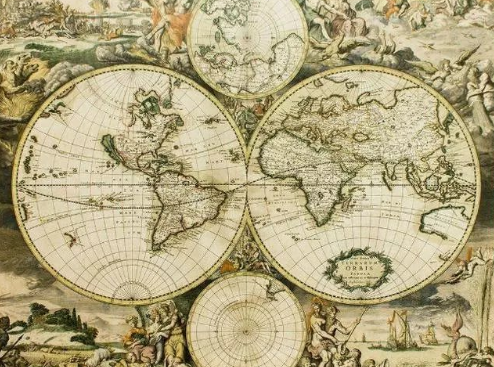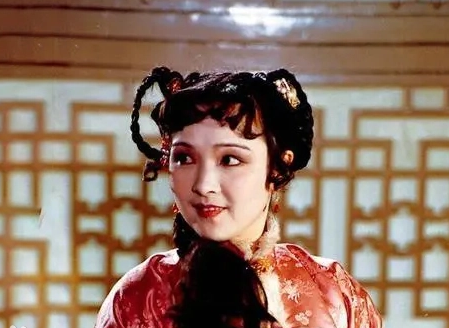Laughter is one of the most common and complex nonverbal behaviors in human emotional expression. It can convey various positive emotions such as joy, friendliness, and comfort, but it can also express sarcasm, indifference, and even ruthlessness. Today, we will explore the special type of "ruthless laughter" and the possible meanings behind it.

First, the so-called "ruthless laughter" usually refers to a smile that does not carry any real happiness or warmth. This kind of laughter may give people a sense of indifference, sarcasm, or even cruelty. It can be a social means to cover up real emotions, or in some cases, to express gladness at others' misfortune.
In literary works, "ruthless laughter" is often used to depict the personality traits of certain characters. For example, villains in Shakespeare's plays often use this kind of laughter to show their cunning and cruelty. In real life, this kind of laughter may also appear in competitive environments, such as business negotiations or political debates, when one party tries to show their advantage or belittle the other.
Psychologists have studied "ruthless laughter" and found that it may actually be a defense mechanism. When people feel threatened or unwilling to show their true emotions, they may adopt this kind of laughter as a protective barrier. In addition, sometimes this kind of laughter may also be a cover-up for inner pain, as some people use ruthless laughter to conceal their vulnerability when experiencing setbacks or losses.
However, it is worth noting that "ruthless laughter" does not always represent negative emotions. In some cultural contexts, this kind of laughter may simply be a polite expression and not necessarily carry any negative emotions. Therefore, understanding and interpreting a person's laughter requires combining specific contexts and cultural backgrounds.
Overall, "ruthless laughter" is a complex expression that may hide many different emotions and motives. When interpreting this kind of laughter, we need to be cautious and try to understand the context and personal history behind it. Whether in literary creation or real life, this kind of laughter is an embodiment of the diversity of human emotions and deserves further exploration and understanding.
Disclaimer: The above content is sourced from the internet and the copyright belongs to the original author. If there is any infringement of your original copyright, please inform us and we will delete the relevant content as soon as possible.
































